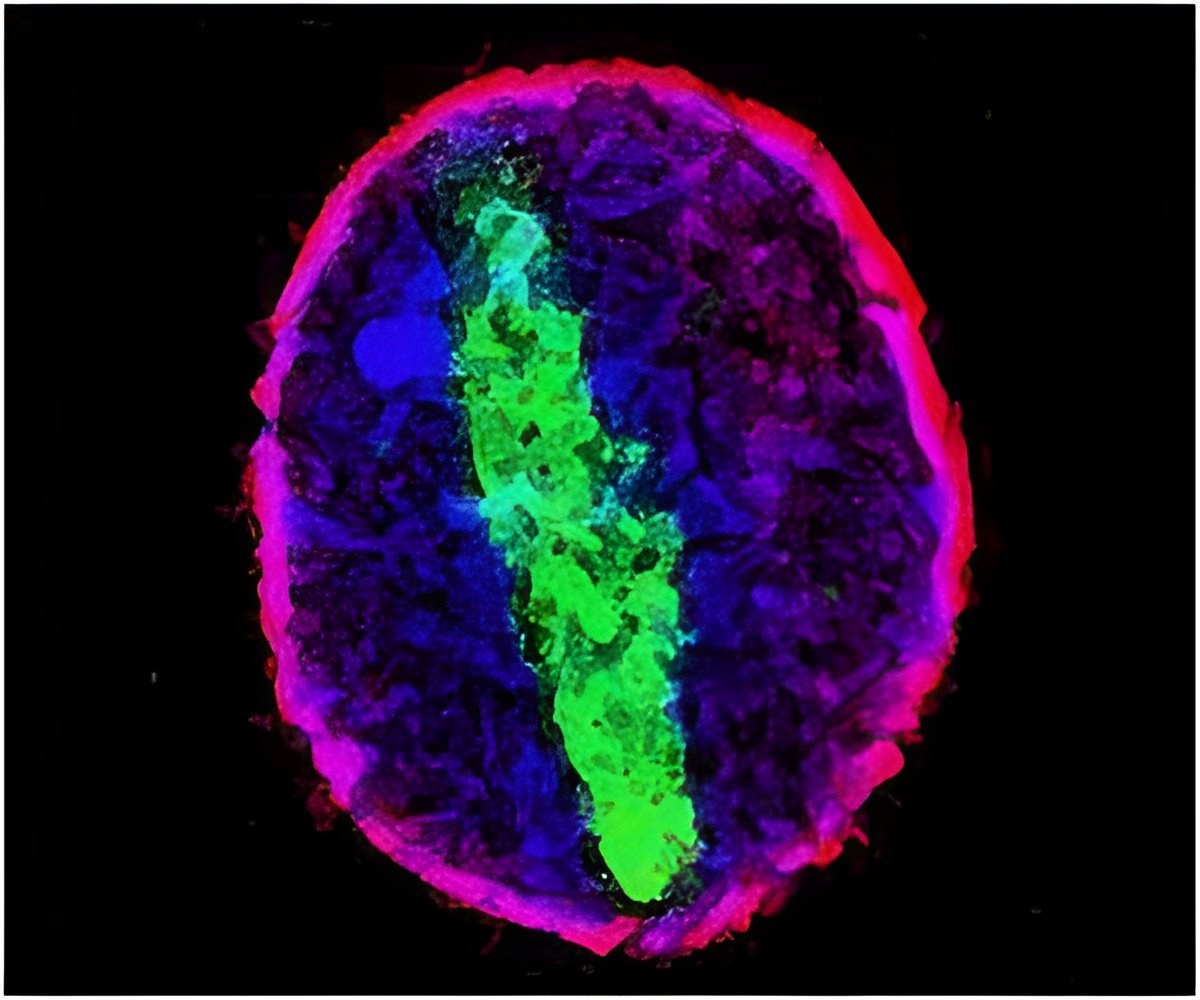Researchers at the University of Gothenburg have found that the absence of a group of mitochondrial proteins could delay the onset of age-related diseases and increase lifespan.

After a point of time, these injuries become too much for the cell to cope with and it loses the capacity to maintain important functions. Eventually, the organism starts to age.
Researchers have identified a group of mitochondrial proteins that are involved in the ageing regulation.
They found that a group of proteins called MTC proteins, which are normally needed for mitochondrial protein synthesis, have other functions that influence genome stability.
These proteins also affect the cell's capacity to remove damaged and harmful proteins.
"When a certain MTC protein is lacking in the cell, e.g. because of a mutation in the corresponding gene, the other MTC proteins appear to adopt a new function. They then gain increased significance for the stabilisation of the genome and for combating protein damage, which leads to increased lifespan," says Thomas Nystrom from the Department of Cell and Molecular Biology.
Source-ANI
 MEDINDIA
MEDINDIA




 Email
Email






